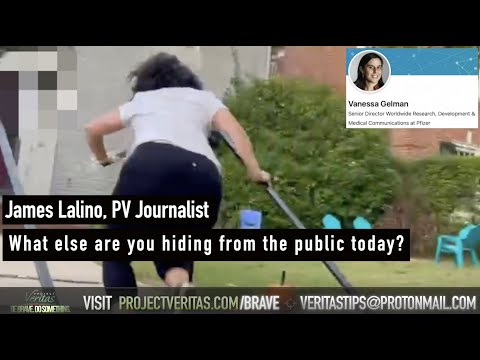New Twitter CEO Bans Photos, Videos of Private Individuals without Consent; Some Say Will Target “Undercover Reporting”

SAN FRANCISCO, CA – On his first day as Twitter’s new CEO, Parag Agrawal announced Tuesday a major privacy policy revision that will require the social media platform to, effective immediately, ban postings of any photos and videos taken of private individuals without their consent. Agrawal is the new head of Twitter, following founder and CEO Jack Dorsey’s surprising resignation on Monday.
In a company blog post, Twitter representatives said that the reasoning for the ban is to protect users from “emotional harm” or even “physical harm” that could come about from having their image shared; Twitter already has a policy in-place prohibiting users from posting personal information of others, such as their home address.
“Sharing personal media, such as images or videos, can potentially violate a person’s privacy, and may lead to emotional or physical harm,” Twitter said in the blog post. “The misuse of private media can affect everyone, but can have a disproportionate effect on women, activists, dissidents, and members of minority communities.”
A reporting system will be implemented to enforce the new ban, Twitter noted.
“After we receive a report, that particular media will be reviewed before any enforcement action is taken,” he said. “When we are notified by individuals depicted, or by an authorized representative, that they did not consent to having their private image or video shared, we will remove it.”
However, the policy change does not apply to public figures – such as celebrities or politicians – or private individuals if the context “adds value to public discourse.” However, media that is specifically posted to harass people, either public or private, will be removed.
“This policy is not applicable to media featuring public figures or individuals when media and accompanying Tweet text are shared in the public interest or add value to public discourse,” the blog post said. “However, if the purpose of the dissemination of private images of public figures or individuals who are part of public conversations is to harass, intimidate, or use fear to silence them, we may remove the content in line with our policy against abusive behavior.”
Twitter did not specify how content would be deemed to be adding value to public discourse or not leaving the door open to potential ambiguous discretion.
Some in conservative media outlets are speculating that this new policy change may effectively do away with the type of undercover reporting that organizations such as Project Veritas conduct, which often secretly video and audio record individuals without their knowledge.




Comments are closed.